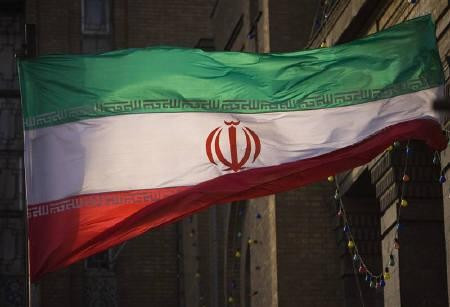Iran Nuclear Deal Has Limited Impact on Oil Prices on Unclear Export Timing

The ground-breaking Geneva nuclear deal between Iran and the world's major powers had a limited impact on oil prices as the benchmark for the commodity began to rise again.
Brent Crude hit $111 per barrel (bbl), after plunging as much as $3 bbl in the previous session, as investors mulled over when Iran's supply would hit the markets.
Around 24-hours ago, Brent crude touched $108.70 bbl, as official negotiations with Iran pushed markets to forecast more oil reaching the market place.
"We saw a knee-jerk reaction in the markets as crude oil prices plummeted when trading commenced on Monday," said a Phillip Futures research note.
"Markets were caught off-guard, as no deal in the previous talk coupled with Iran's persistence to continue with their uranium enrichment program had signalled that a deal is unlikely to be seen at least in the near term."
On Sunday, President Barack Obama said in his White House address, hours after signing the deal: "We have pursued intensive diplomacy - bilaterally with the Iranians and together with our P5+1 partners - the United Kingdom, France, Germany, Russia, and China, as well as the European Union.
The deal is set to ease some of the sanctions they had imposed to force Iran to halt its nuclear programme which has previously slashed the Organisation of the Petroleum Exporting Countries (OPEC) member's exports by more than half and has therefore meant there is less oil on the market.
The White House has estimated that it has cost Iran $80bn in oil sales since the beginning of 2012.
However, analysts were keen to point out that the new deal will not allow Iran to increase oil sales for at least six months.
"The deal is weighing on prices, but it is just the first step and it is too early to tell how much more Iranian oil will come back to the market," said Tetsu Emori, a commodities fund manager at Astmax Investments.
"Prices are likely to stabilize now as other fundamental factors out there start to weigh in."
Jonathan Barratt, founder of Barratt's Bulletin said the initial fall in oil prices was also a 'knee-jerk reaction.'
© Copyright IBTimes 2025. All rights reserved.






















